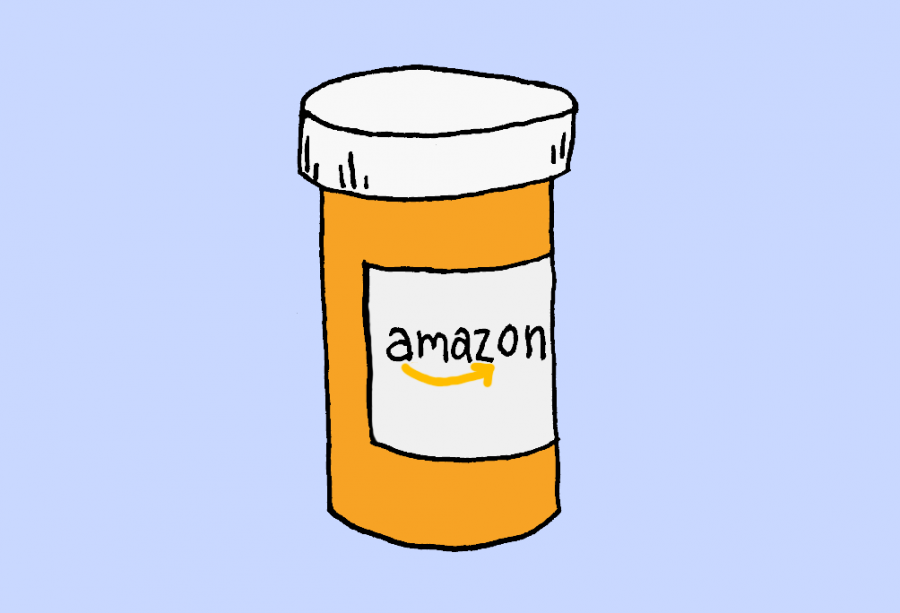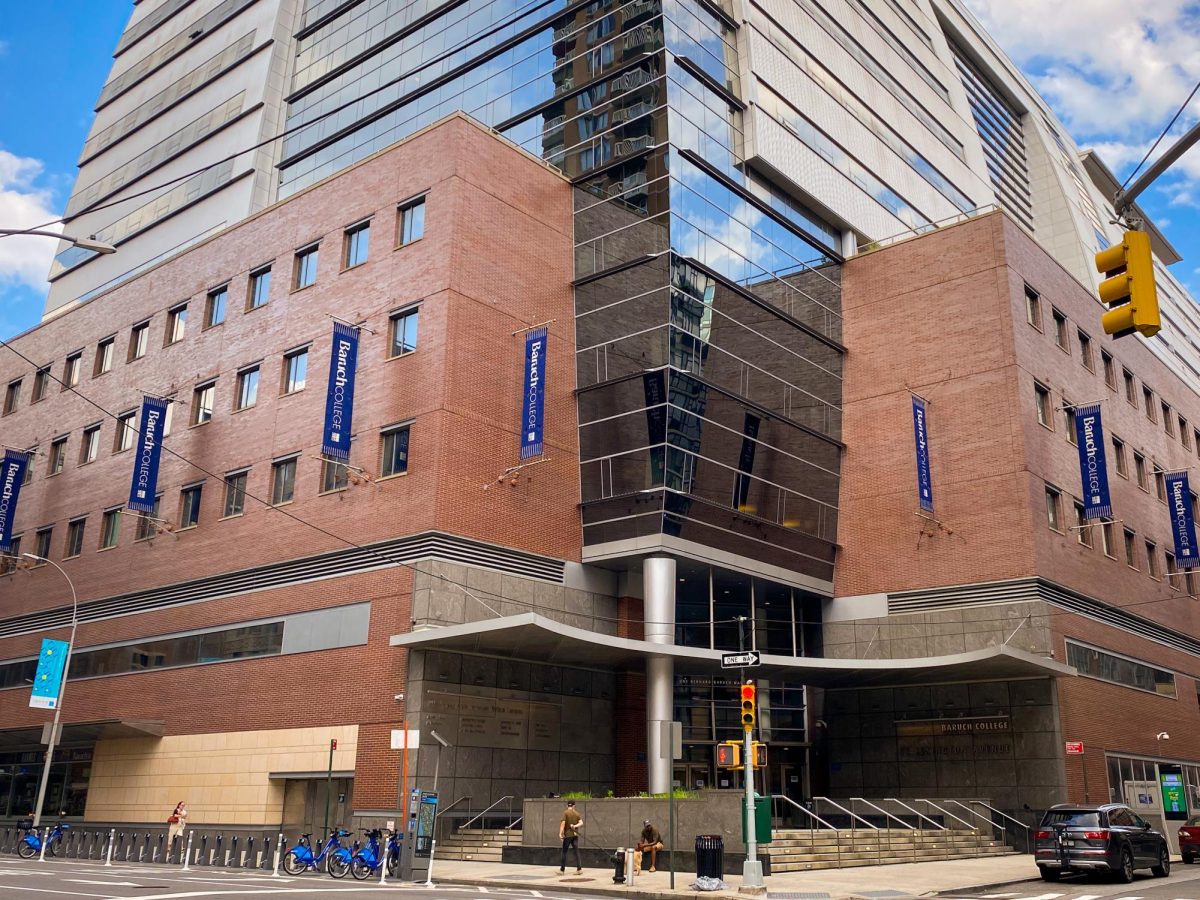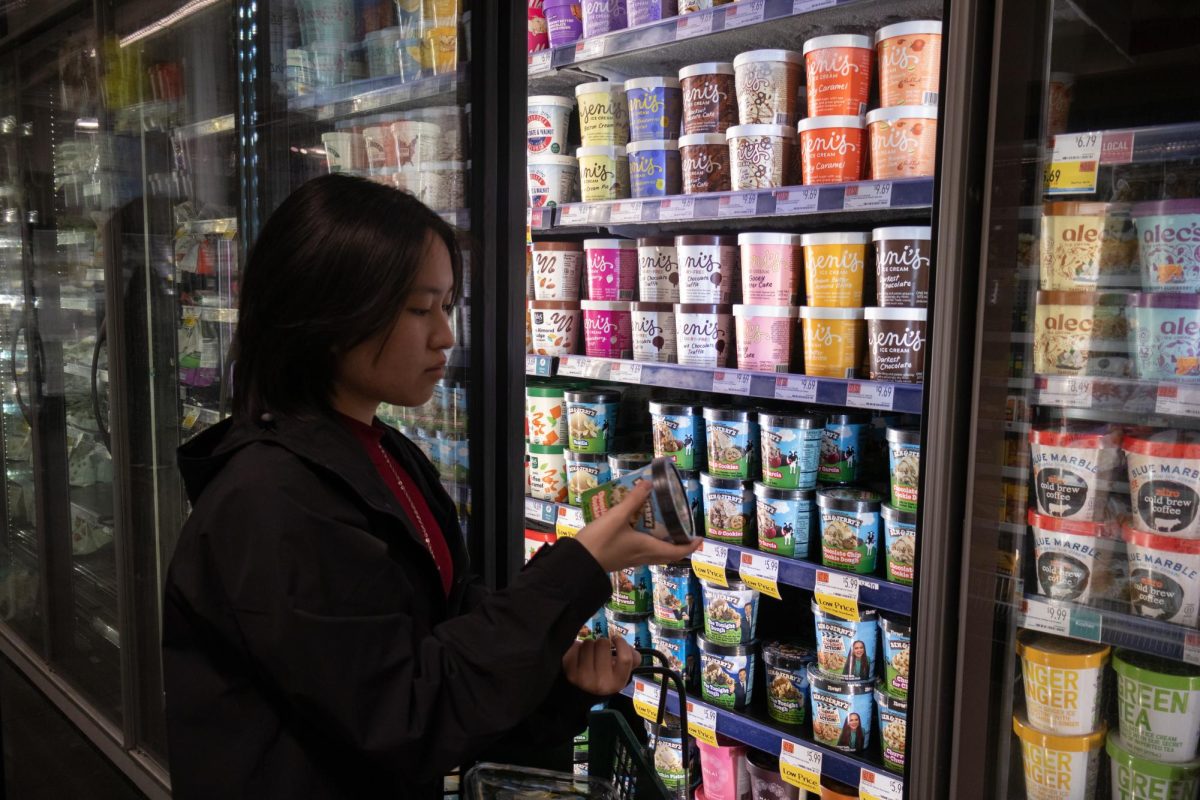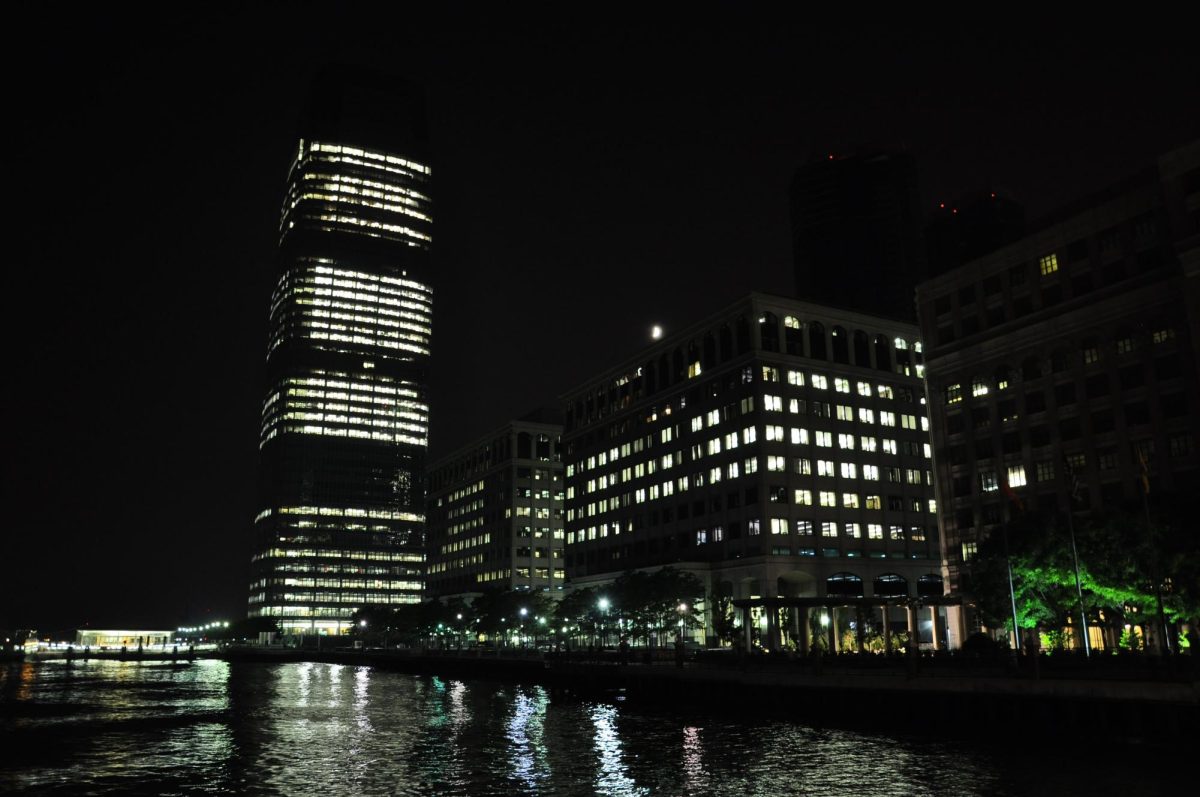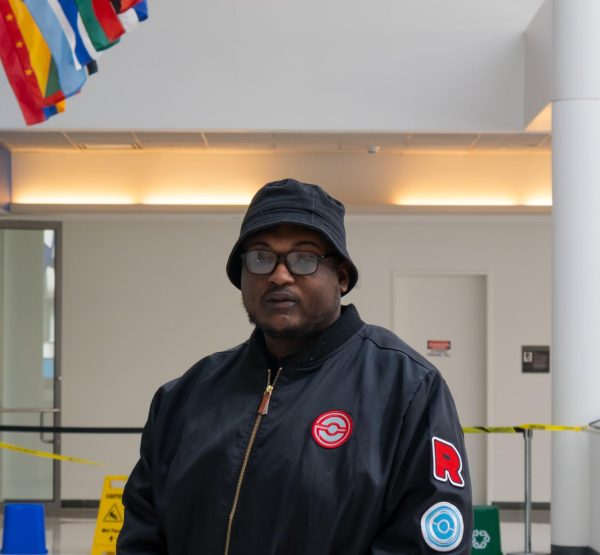The retail giant Amazon launched its latest subsidiary, Amazon Pharmacy, on Tuesday. Amazon Pharmacy allows customers to order their medications, prescriptions and refills online.
Medicinal orders will be sent in discreet packaging to the customer preferred destination, according to Amazon.
The business move comes after Amazon’s $753 million deal to purchase the online pharmacy Pill Pack, which helps sort customer medications by day and dose, and also makes deliveries to patients’ homes every month.
Amazon also spent the last two years securing more state licenses for shipping prescriptions across the nation, according to notes from Jefferies Equity Research.
Amazon Pharmacy Vice President TJ Parker, released a statement on their website following the reveal of the new business venture.
“We designed Amazon Pharmacy to put customers first bringing Amazon’s customer obsession to an industry that can be inconvenient and confusing,” Parker said in the statement. “We work hard behind the scenes to handle complications seamlessly so anyone who needs a prescription can understand their options, place their order for the lowest available price, and have their medication delivered quickly,” the statement said.
After the unveiling of Amazon Pharmacy, CVS Health Corp., Walgreens and Rite Aid’s stocks dropped on Tuesday.
CVS’ stocks tumbled 8.6%, while Rite Aid’s stocks went down by 16%, according to reports from The New York Post. Amazon’s shares, on the other hand, rose 0.2% to close at $3,135.66.
“New entrants to the highly competitive pharmacy market come as no surprise to us. But CVS Health is a lot more than pharmacy—and pharmacy is a lot more than just delivering drugs,” a spokesperson for CVS said.
Amazon Pharmacy accepts most health insurance. Prime members who do not have health insurance can also purchase brand name drugs from Amazon and get a discount.
Specifically, Prime members are given an 80% discount for generic medications and 40% off-brand medications.
Amazon Pharmacy has also stated that it partnered with more 50,000 brick-and-mortar pharmacies across the United States.
“The retailer is a known entity that many people already use. It may be able to make price shopping for prescriptions more pleasant, and it might be competitive on the pricing of generic drugs,” health economist Craig Garthwaite said to ABC News.


